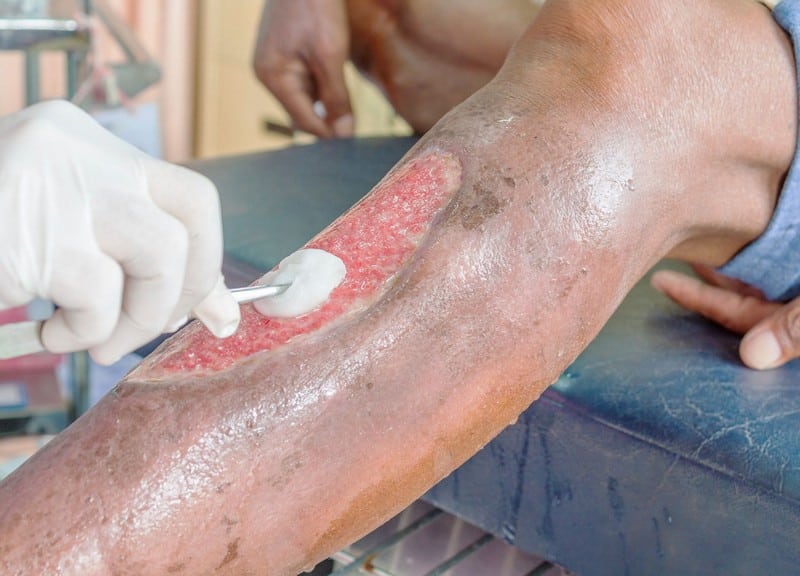Osteomyelitis

Osteomyelitis is a bone condition that makes bones swell or get inflamed due to an internal infection spreading in the bones. It is painful and can be recurring when untreated in the earlier stage (around three to five days upon contracting the disease); otherwise, it can lead to bone damage. Contracting osteomyelitis can be possible when a person is involved in accidents and injuries and wounds get infected by bacteria or fungi penetrating them. The condition can also start in the bones and spread to other internal organs in the body. Although more common in children under five, osteomyelitis can affect anyone at random.
Most commonly, osteomyelitis is caused by the Staphylococcus aureus bacteria (usually present on boils) that infects the skin and opens wounds. When left untreated, the bacteria may travel in the bloodstream and spread the infection in the bones, causing them to develop a boil-like condition in the bone tissues. It can be referred to as the “boils for bones.”
Other factors for developing osteomyelitis include bone fractures, artificial hips, recent bone surgery that needed stainless steel implants or screws attached to the bone, diabetes, and a weak immune system.










